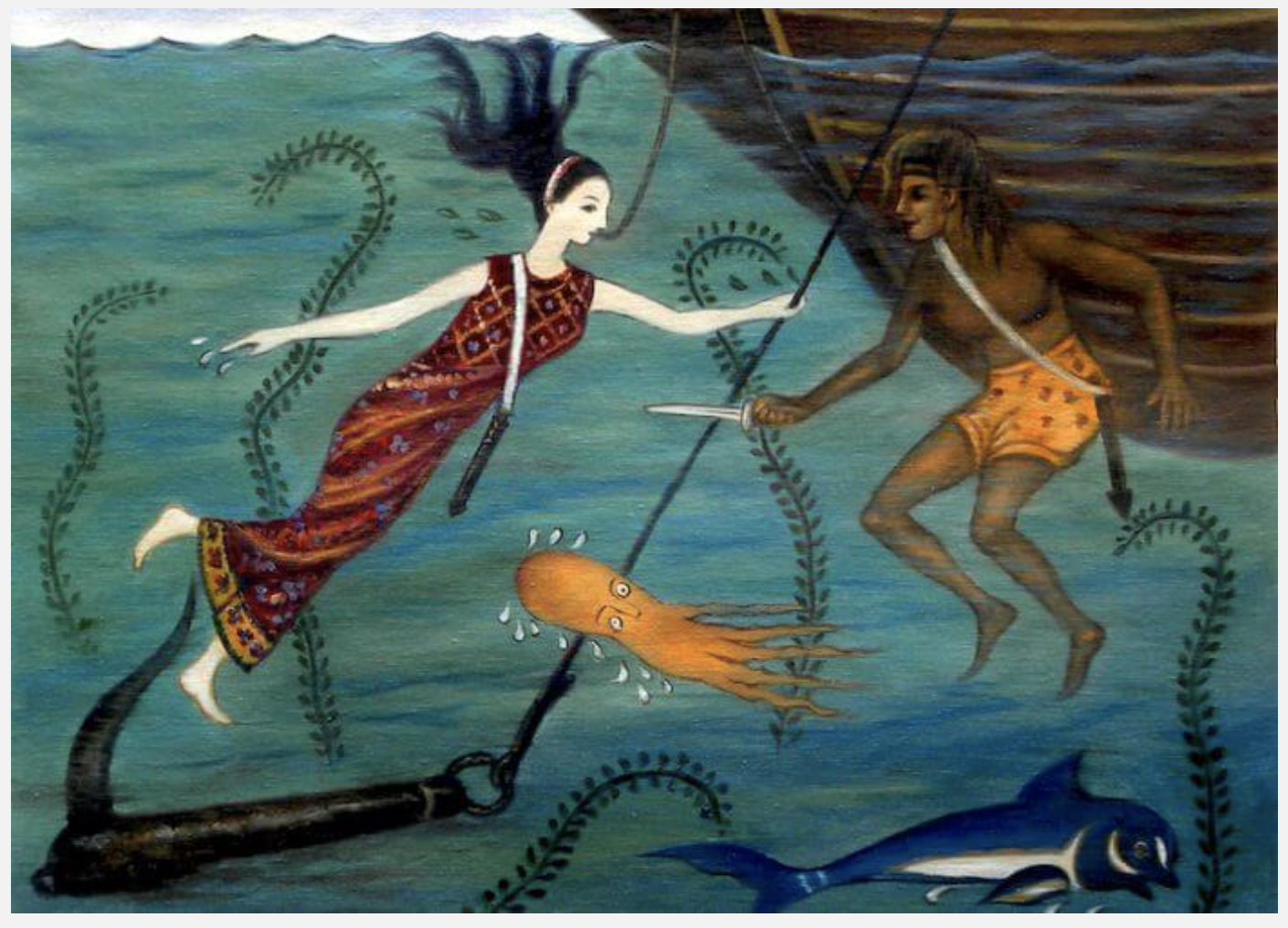Are the Gospels historical?
Herodotus is considered by modern scholars to be the literal “father of history”. His extensive travels, research, and recordings of eyewitness accounts around the ancient Mediterranean are considered to be the first accurate written accounts of peoples and events occurring during his lifetime.
Herodotus spent his life working on what he titled The Histories. This treatise was a detailed, contemporaneous, systematic account of the Greco-Persian wars (499-479 B.C.). From this account we derive the word ‘history’ which we use today to describe any written record of events of the past derived from eyewitness accounts.
Herodotus is often used as an example by Christian leaders, authors and apologists to compare to the writers of the Gospels of Matthew, Mark, Luke, and John as evidence that ancient historians were indeed capable of recording and accurately describing true events in history. Therefore, they insist, accounts of events surrounding the birth, ministry, death and resurrection of Jesus, even though written decades after they supposedly occurred, were indeed historical events and therefore should be considered as fact.
Unfortunately, this argument comes from misinformed, sloppy apologists who have not actually read The Histories. Serious scholars of ancient history—those who have analyzed Herodotus’ work—know that, in spite of expressing his occasional skepticism, Herodotus would often report certain fantastical events as fact that, to any reasonable person of this day and age, are clearly myth or legend. Although best known as the father of history, the more erudite scholars have also labeled Herodotus as the “father of bullshit”. Every Christian on the planet would certainly snicker at any one of his fanciful accounts, as well they should.
Remember, historians are human. As such, they can be influenced by their own beliefs and biases and from the environment and culture in which they reside. Although content may consist of mostly facts confirmed by eyewitness accounts and independent sources, when the authors sprinkle in bits of myth, legend and hearsay without providing disclaimers such as, "There is a questionable story told by..." or "Some people believe a legend that..." the more credulous readers may accept a bogus event as gospel truth.
This begs the question: if Christians consider the recordings from the ancient Biblical writers as historical facts, especially when applied to the New Testament accounts found in the Gospels, should they not be required to consider the historical accounts of Herodotus, the most revered of ancient historians, as facts?
For your amusement, below are a few historical “facts” taken from Herodotus’ descriptions of battles and other events surrounding the Greco-Persian War. I have included chapter and verse from The Histories:
Fact: During the war of Salamis, Scyllias and his daughter deserted to the Greeks by holding their breath and swimming ten miles under water. (8.8)
Fact: The Temple of Delphi, dedicated to the Greek god Apollo, magically defended itself against the Persians with animated armaments, lightning bolts, and collapsing cliffs (8.37-38)
Fact: The Athenians believed a sacred snake guarded the Acropolis. Apparently it had a sweet tooth as the locals would regularly leave offerings of honeycake in the temple for it to enjoy. One day the guardian snake would not eat its honeycake, an ominous warning that the Athenians should immediately desert the city in the face of an impending invasion from the Persians. The serpent’s prophecy came true when the Persians sacked the city. (8.41)
Fact: A sacred olive tree which had been burned by the Persian invaders grew a new shoot as long as a man’s arm in a single day. (8.55)
Fact: A disembodied chant was heard in the holy city of Eleusis located about 14 miles from Athens. Suddenly, a massive dust cloud appeared and arose from the city and floated toward Athens. This was the fulfillment of the prophecy of Dikaeus that Greece would win the war. (8.65)
Fact: A sudden, miraculous flood tide drowned the Persians after desecrating a statue of Poseidon, presumably sent by the angry god of the sea himself. (8.129)
Fact: After the war, one of the guards of of Artayctes was cooking fish when suddenly the frying fish came back to life and started writhing and jumping as though they had just been caught. (9.120.1)

Do the preceding ancient historical “facts” remind you of any other ancient historical “facts” regarding a certain itinerant Galilean preacher? I’ll give you a few hints:
Fact: He magically turned water into wine at a wedding.
Fact: He walked on water without sinking.
Fact: He resuscitated a dead man who had been rotting for several days.
Fact: He magically made fish appear, enough to feed five thousand people from just two fishes.
Fact: When he died on the cross, all the graves of saints in the greater Jerusalem area opened up and their occupants were seen wandering the streets and greeting one another.
Fact: He made his dead, tortured and wounded body come back to life after spending three days in a grave.

Another argument used by Christians who insist on historical accuracy of the New Testament is the timeline theory: that because the Gospel accounts are more recent, coming some 450 years later than the histories of Herodotus, this somehow makes these so-called historical accounts of the miracles and resurrection of Jesus even more compelling.
However, unlike these Christian “historians”, Herodotus wrote his histories just as the events occurred or shortly after which logically should make his accounts far more accurate than the recordings of the Gospel accounts which were delayed by some 25 to 75 years after the events supposedly happened.
If we continue to apply time scale theory forward to more recent religious history, then we must also accept all the recordings of events, miracles and quotes by the Prophet Mohammed as even more accurate, having happened some 600 years later the Gospel events.
As well, the recordings of “historical” events by the Mormon prophet, Joseph Smith, which date back only two generations, should be considered the most accurate religious histories of all. Unlike the ancient New Testament accounts which date back over two millennia, and of which we have no original manuscripts, only unsigned copies of copies of copies of copies, Mormon histories are supported by eleven original signed affidavits executed by verified, once living, photographed individuals, attesting to the Book of Mormon’s accuracy and truth.
Yet all these subsequent events which far exceed the Christian standard of accurate historical reporting are nonetheless unequivocally rejected as false by every mainstream Christian.
What does all this prove? Whether swimming ten miles under water or walking on water, whether cooked fish magically leap from the frying pan or whether just two fish feed can feed 5,000, we humans will always believe what we want to believe and will happily do so without evidence. Well, some of us more than others.
(See also my blog post Is there poop in your brownies?)